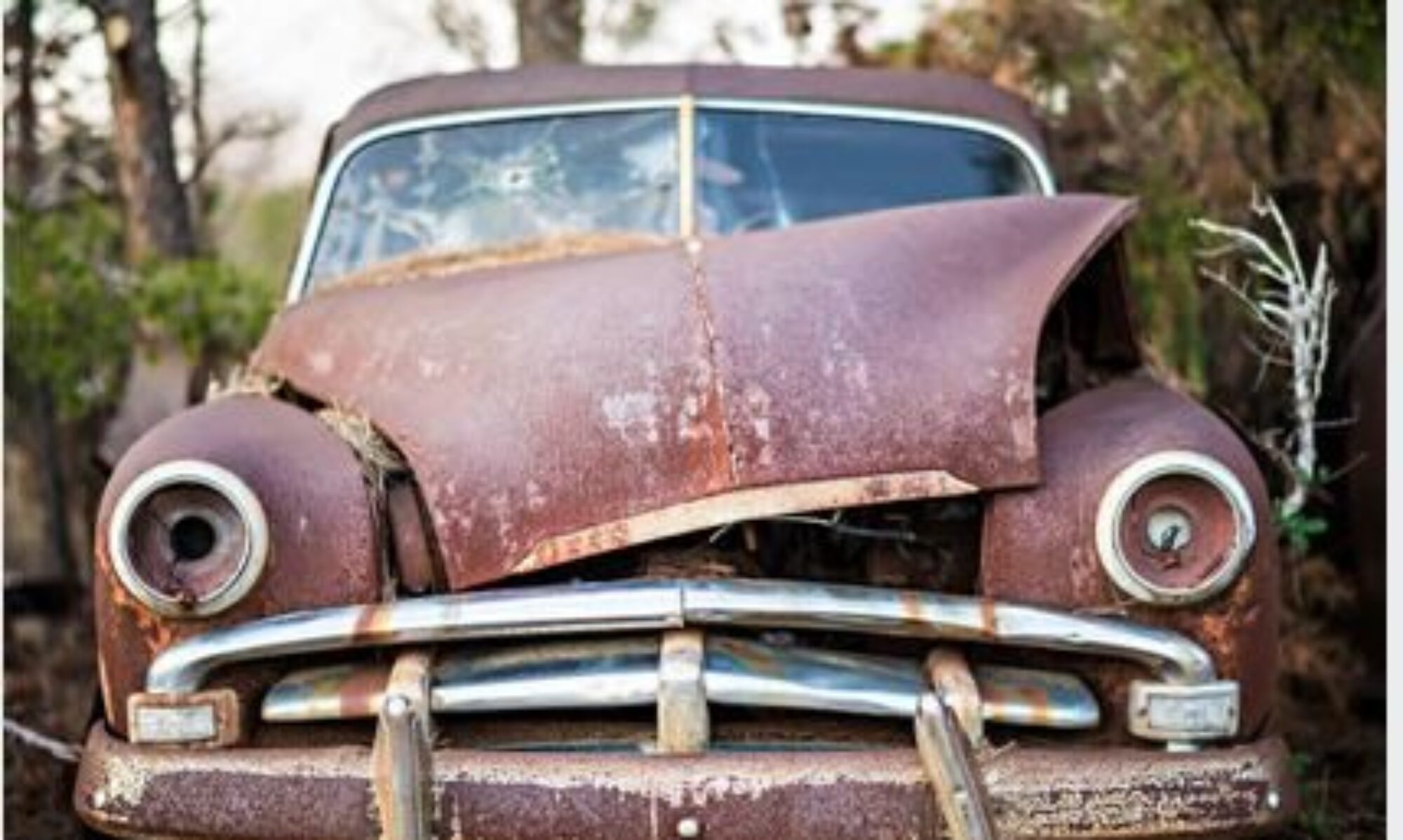A lot of life’s biggest decisions are narrowed down for us. Take religion for example. As much as every zealot would like to scream in your face that they are serving the one true religion, ordained by the only, one true God, their choice of beliefs was narrowed by geography.
The map below, located on the PBS LearningMedia page, shows very clearly how the colors/religions are clumped together. Studying a world map of religions broken down by geographic area confirms that religion is pretty much a function of who got there first.

Judaism, the original religion, doesn’t show up on the map until you pinpoint Israel. Why has the world’s oldest religion not fared better in terms of growth and popularity? Well, you have to be born into that club, and to their credit, they don’t hold membership drives or send out missionaries. Judaism is a very exclusive club that is selective in its membership.
Looking at the map allows one to speculate that if the Crusades had gone the other way, and the Muslims had defeated the Christians, the map would look very different. One can’t help but wonder if there could have been a singular point in a battle that swayed the war and the course of religious history. Was there some small unnoticed event that resulted in changing the temperament of the world for generations? Something arcane like in the poem by Benjamin Franklin?
Would the Muslim conquered European countries of the 1500s have sent explorers to look for New Worlds to conquer and proselytize? If so, would the Muslim explorers have felt the need to decimate the native peoples and their religions like the descendants of the Christian Europeans did? One wonders.
It’s kind of interesting that the Asian countries have heard the pitch from the Muslims and the Christians and seem to be happy to remain Buddhists and Hindus. Christianity and Islam have made inroads, but the religion of choice remains the one that got there first. Hinduism is believed to have started in India around 5500 BCE. Buddhism started spreading from what is modern day Pakistan about 300 BCE. Both are still the dominant religion in their area.
The U.S. Census Bureau reports that nearly 72% of Americans live in or close to the city where they grew up. 65% of the population in the U.S. identifies as Christian. Based on the fact that the majority of people continue to live in their hometowns, it’s likely that a follower is not only a Christian but a member of the same church their parents attended. If you were brought up in the Full Gospel Original Church of God, it’s likely that you’re still a member.
I appreciate the fact that with most people religion is baked in. What I don’t appreciate is the idea that someone presumes their experience is unique and that their message demands to be heard. A person’s inner dialogue, with whatever power they believe in, is personal. Because I don’t believe what you believe doesn’t mean I didn’t hear your message.
I heard it, I just rejected it.
